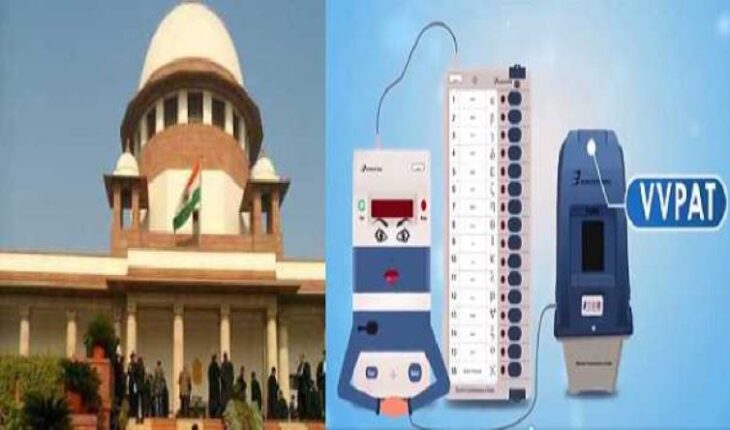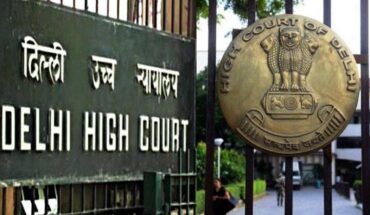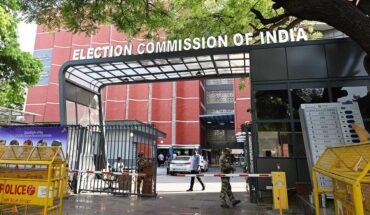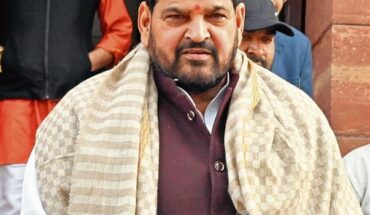New Delhi: The Supreme Court on Thursday reserved its verdict on a batch of public interest litigations (PILs) seeking a direction to the Election Commission of India (ECI) to mandatorily cross-verify the votes cast in Electronic Voting Machines (EVMs) with Voter-Verifiable Paper Audit Trail (VVPAT) slips.
Observing that official acts are normally presumed to be done validly under the Indian Evidence Act, a bench, headed by Justice Sanjiv Khanna, remarked that everything done by the poll body cannot be suspected.
As Solicitor General Tushar Mehta, the second highest law officer of the Centre, slammed the petitioners for periodically filing PILs on the eve of elections saying that the democratic choice of a voter is being turned into a joke, the Bench, also comprising Justice Dipankar Datta, remarked that the petitions were filed long back and could have not been decided due to work pressure.
The SG added that the issue has already been settled by the apex court with the dismissal of the pleas seeking similar relief in the past.
During the hearing, senior advocate Maninder Singh, representing the ECI, said that media reports suggesting that EVM erroneously registered votes in favour of the BJP during mock polling in Kerala’s Kasaragod were found to be completely false.
Earlier in the day, advocate Prashant Bhushan drew the attention of the top court towards a news article published on Tuesday where agents of the Left Democratic Front (LDF) and the United Democratic Front (UDF) candidates alleged that BJP’s lotus was getting extra votes during the commissioning of the machines for the polling.
At this, the Bench asked ECI’s counsel to look into the issue.
In April 2019, the Supreme Court ordered the ECI to increase the VVPAT slips from one Electronic Voting Machine (EVM) per Assembly constituency to five. It had issued guidelines for mandatory verification of VVPAT slips, out of five randomly selected polling stations, after completing the final round of counting votes recorded in EVMs. A VVPAT is considered an independent verification system for voting machines, allowing voters to verify whether they have correctly cast their votes.






